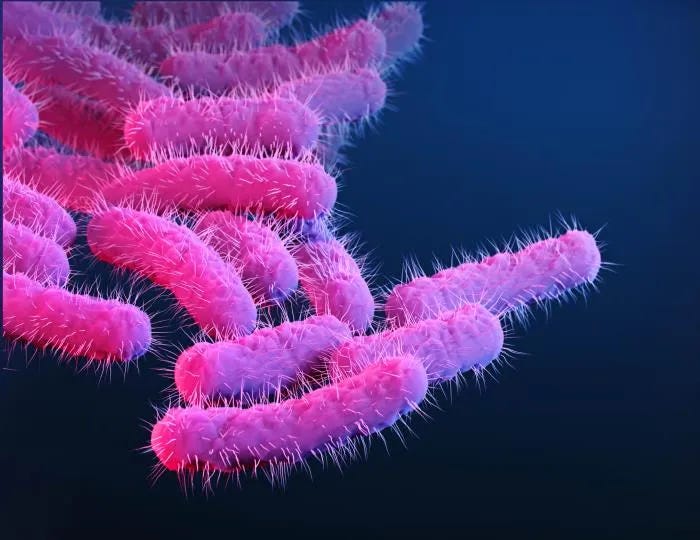Toronto reports increase in cases of multidrug-resistant (MDR) Shigella sonnei, particularly among the underhoused
Toronto Public Health (TPH), on Dec. 9, reported investigating an increase in cases of multidrug-resistant (MDR) Shigella sonnei, particularly among the underhoused population in Toronto.
Associate Medical Officer of Health Dr. Howard Shapiro said they are aware of nine cases of the intestinal disease among people experiencing or at risk of homelessness in the city. On average, there are one or two cases reported in this segment of Toronto’s population at any given time.
As of November 28, there have been a total of 101 cases of Shigellosis reported to TPH in 2024, compared to 119 in all of 2023.
At this time, there does not appear to be a clear link between cases or any common exposure settings.
Shapiro went on to say that public health is “engaging” Toronto Shelter & Support Services along with health care providers and social service agencies to “ensure that they are informed about the current situation and protocols to reduce the risk of transmission for clients and staff in these service settings.”
Subscribe to Outbreak News TV on YouTube
Shigella is a highly contagious bacteria that can cause diarrhea and sometimes severe disease. It only takes a small amount of contact (10-100 organisms) with Shigella bacteria to make someone sick, which is why it is important to respond quickly when outbreaks happen. Shigella can be spread by eating or drinking food contaminated with the bacteria or by contacting the bacteria directly from someone with a Shigella infection or from a shared surface. The infection will go away without treatment for most healthy people.
Officials note the risk to the general public remains low.
The Centers for Disease Control and Prevention (CDC) offers the following steps to avoid getting or spreading Shigella:
Wash your hands with soap and water at key times.
Take care when changing diapers.
Avoid swallowing water while swimming.
When traveling internationally, follow safe food and water habits and clean your hands often.
If you or your partner has been diagnosed with shigellosis, do not have sex for at least two weeks after the diarrhea ends.





